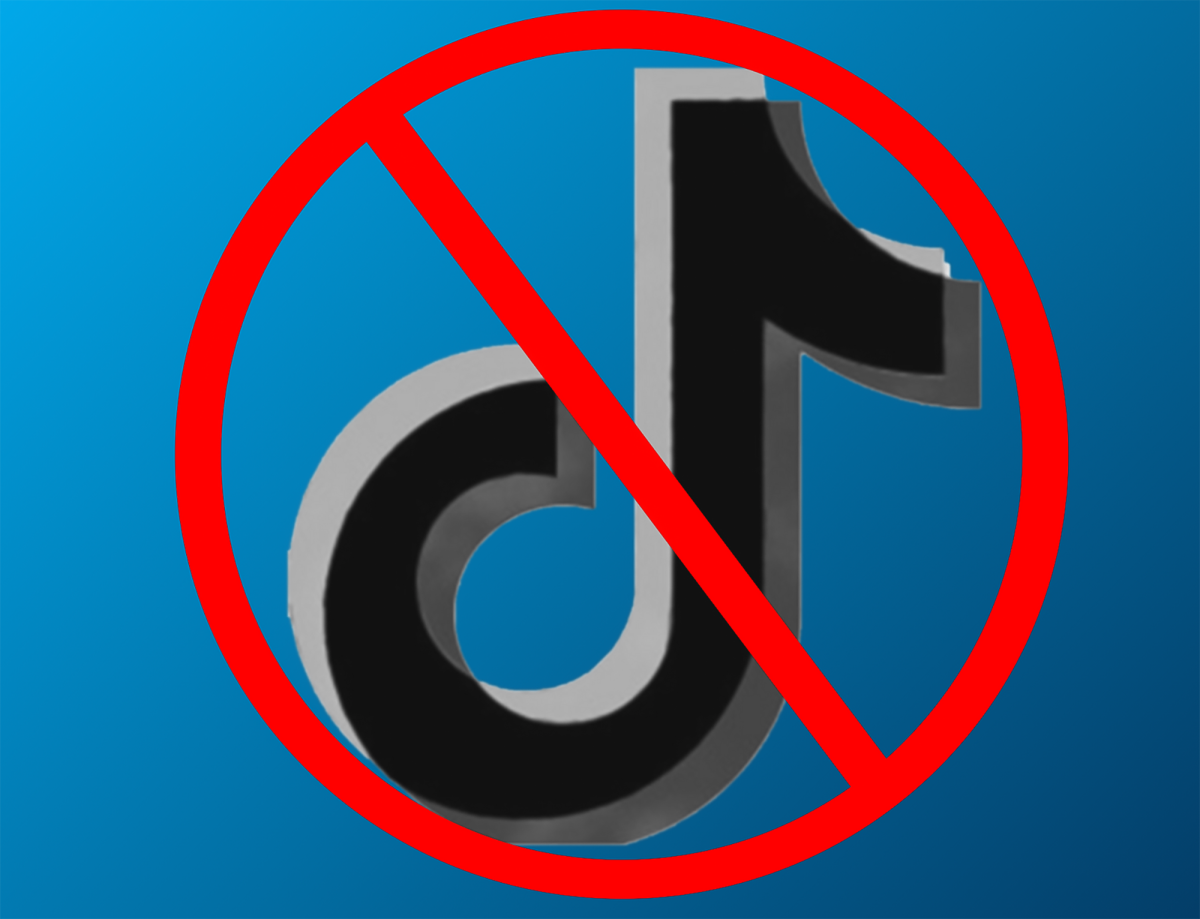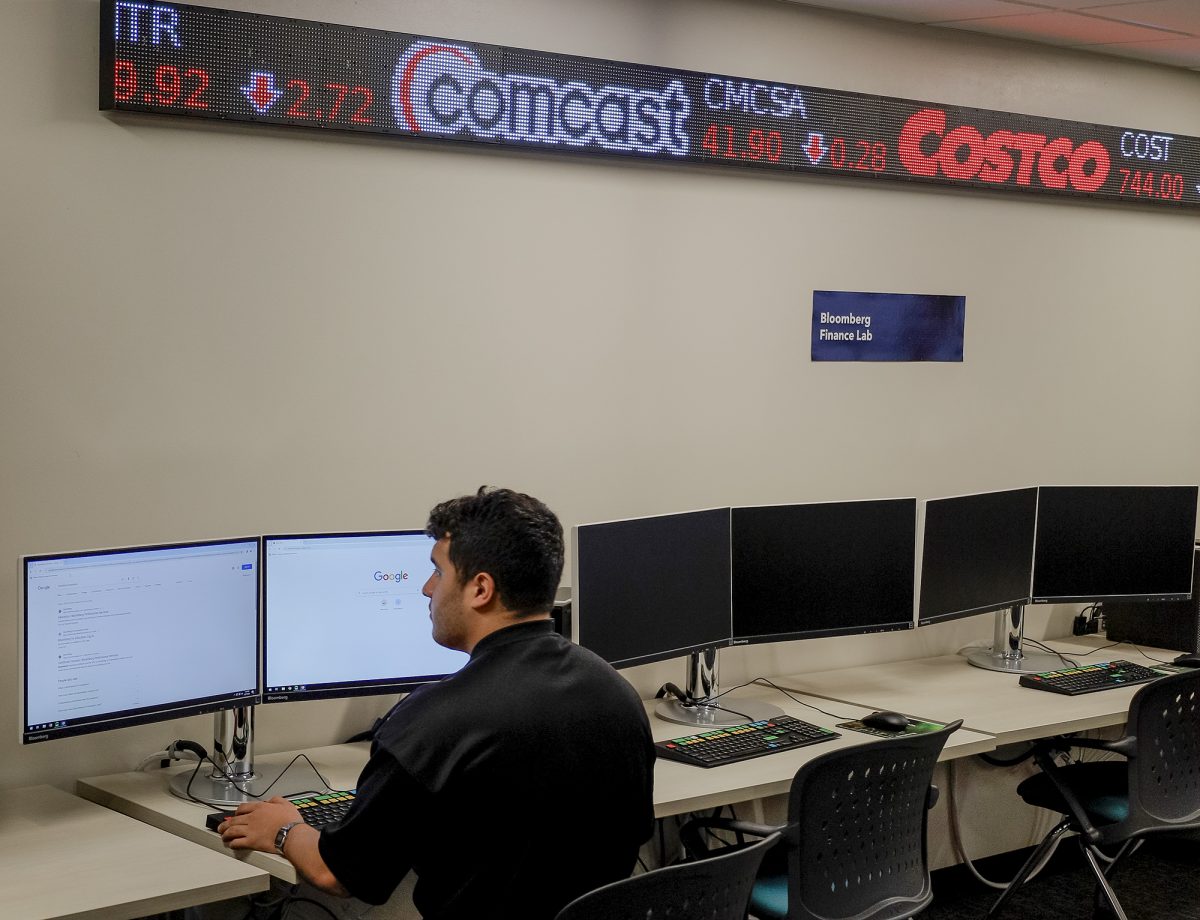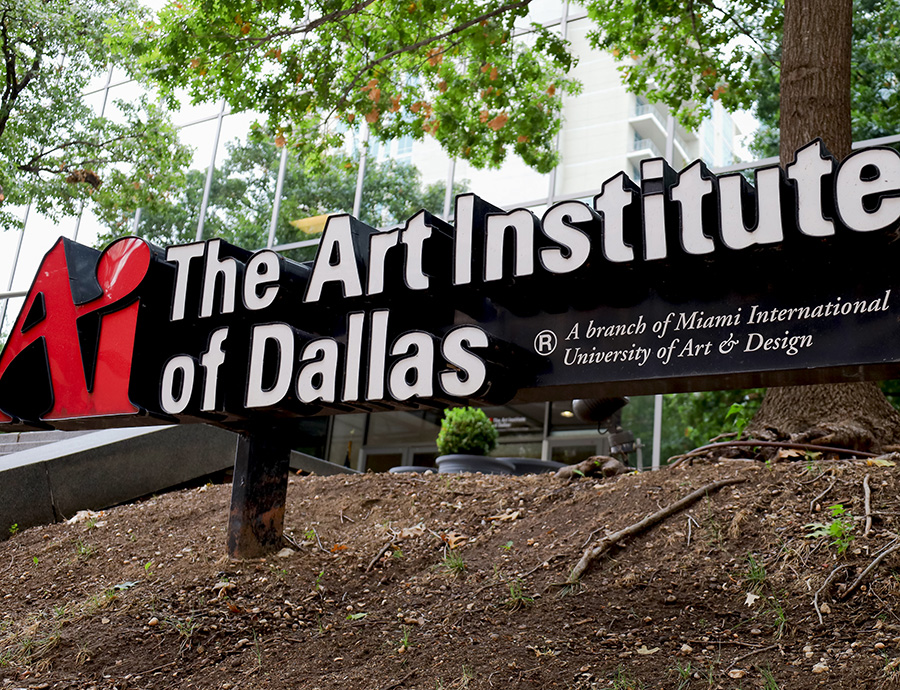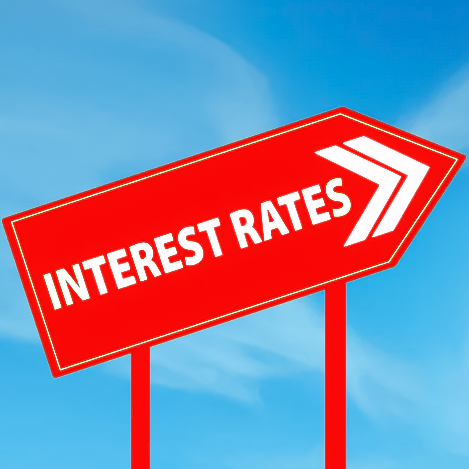President Joe Biden on April 25 signed a bill that would ban TikTok.
The bill gives ByteDance, a Chinese company that owns TikTok, until Jan. 19, 2025, the day before the Presidential inauguration to sell it to an American company.
If it fails to be sold within the time frame, it would be completely banned in the U.S.
The former President Donald Trump, who is now the presumptive nominee for the 2024 Republican nomination, opposes the current president’s ban even though in 2020 he supported it.
“Without TikTok, you can make Facebook bigger, and I consider Facebook to be an enemy of the people,” he said.
“There are a lot of people on TikTok that love it. There are a lot of young kids on TikTok who will go crazy without it.”
Karine Jean-Pierre, Biden’s press secretary, said the bill was not a ban. She said, “This is about our national security.” She also added that “The White House isn’t saying that we do not want Americans to use TikTok.”
Only 33% of voters under the age of 30 approve of Biden’s performance in office, according to Pew Research. This could dampen Biden’s chances of winning reelection in November and lose support with the young voters aged 18-29.
According to RealClear Polling, he trails Trump by 1.5 points in the national polling average and trails in all seven swing states – Nevada, Wisconsin, Arizona, Georgia, North Carolina, Pennsylvania and Michigan.
People say this ban signed in legislation could correlate to another ban regarding national security known as The Patriot Act. The Patriot Act was signed by President George W. Bush in October 2001 after the 9/11 terrorist attacks. The law allowed the government to spy on Americans to find potential terrorists reading in the U.S.
Jeffery Fortney, a U.S. history professor at Richland Campus, said: “There’s parallels in which you do have people who are saying a stronger, more active federal government is justified based on fears of outside powers. So that’s definitely an overlap. … To me, it makes me think of the need in a society to balance liberty and safety, and that government is often kind of trying to find that Goldilocks zone, and it’s not necessarily easy.”
He also added “With the Patriot Act, we definitely saw it was people who were saying, let’s give away plenty of liberties for safety. With the TikTok ban, you can say, there are people who are saying, I’m worried about how this information will be used. I’m worried about how it could harm us in a national security way to have all this information in the hands of a government that has questionable ties with China. So I think that’s how they’re kind of related. Fears and balancing liberty versus safety.”







